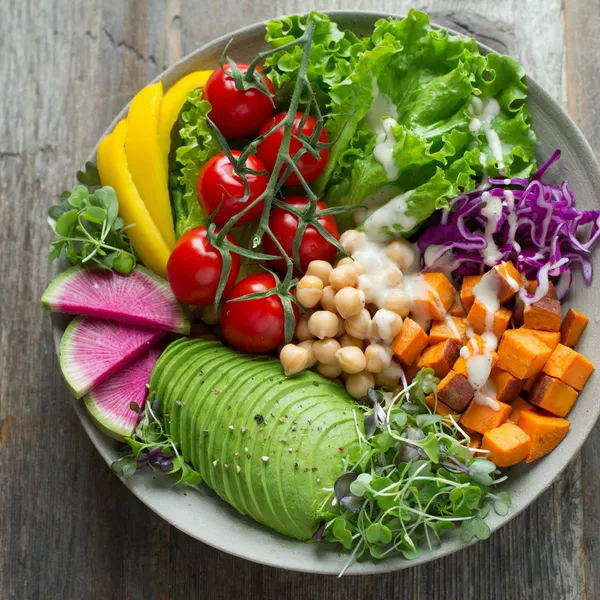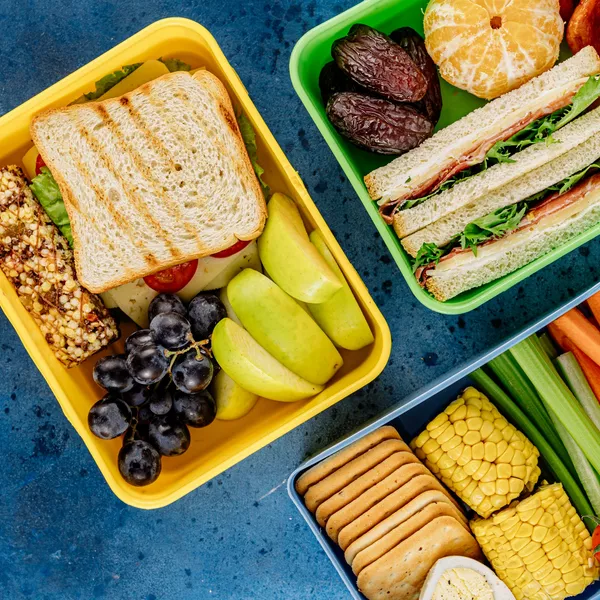FODMAP
FODMAP stands for Fermentable Oligosaccharides, Disaccharides, Monosaccharides And Polyols. These are types of carbohydrates found naturally in many foods and can be added to others.
A lot of research has been done over the past 10 years or so, with findings that a low FODMAP diet is the best way to manage symptoms of IBS and help people discover exactly which foods they’re intolerant to. People are rarely intolerant to all FODMAPs. By the time the person has completed the Low FODMAP diet and challenge protocol with their dietitian, they know exactly which foods to limit or avoid in order to minimise their symptoms.
Many individuals feel they may be intolerant to gluten. However, this needs to be interpreted with caution. Gluten is a protein, not a carbohydrate. As such, it doesn’t cause problems in your digestive tract unless you have coeliac disease. With coeliac disease, gluten activates your immunes system – it is an allergy, not an intolerance.
What is interesting about a suspected ‘gluten intolerance’ is that many gluten-containing foods contain fructans, an oligosaccharide or FODMAP. This is much more likely to be causing the symptoms. It may be that you can tolerate a small amount of gluten (eg, one small cracker) but a whole sandwich (two slices of bread) is too much. If you can have small amounts of gluten-containing foods but not large amounts, or only some gluten-containing foods trigger your symptoms, gluten is not likely to be the culprit – it’s possibly something else.
Food chemicals
Food is a mixture of thousands of different types of chemicals, natural and added. Some people are not able to tolerate large amounts of these chemicals. Once they reach their ‘threshold’, they can experience a myriad of different symptoms.
This is a complex area of nutrition, so if you suspect that you are affected by food chemicals, consulting an accredited practicing dietitian experienced in this area is the best place to start.








